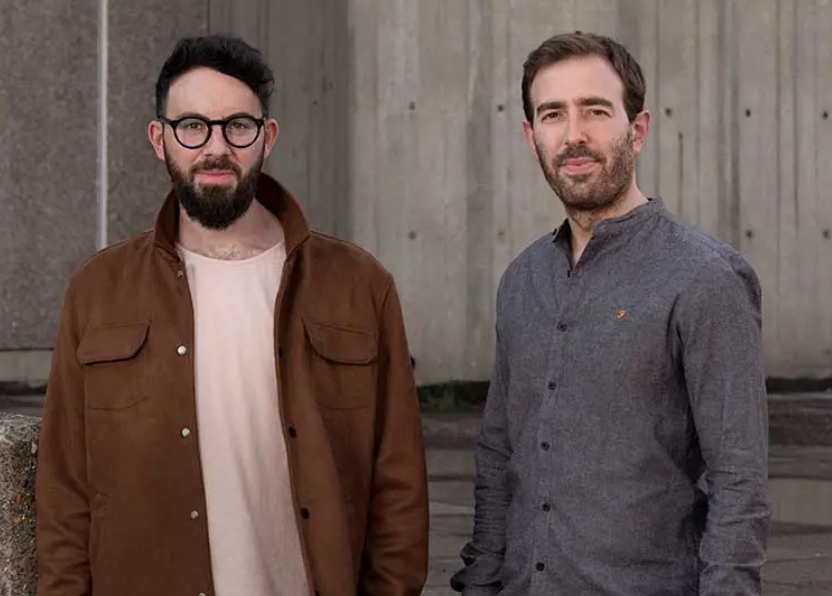Dan Murray Serter and Joel Freeman secured their first customer – Stephen Fry – as well as a string of high-profile backers, via Murray Serter’s hit business podcast, Secret Leaders.
Its success gave him the “cheat sheet to access top investors” (including Tom Singh, founder of New Look, and Damian Bradfield, co-founder of WeTransfer) who went on to back the entrepreneurs’ Heights supplements business.
It all sounds serendipitous, looking back. Inspiration for their business – whose three products, a multivitamin, a magnesium supplement, and a probiotic – now bring in £17 million annual revenues – struck after Freeman experienced severe gut health issues, while Murray Serter faced chronic insomnia. “We came to realise, with the help of medical professionals, that paying better attention to our brain and gut nutrition was the answer. Experiencing first-hand the power that supplements had to transform our health, we read hundreds of scientific papers on nutrition and mental health, and began a newsletter called “The Sunday Supplement”, translating complex science into an easy three-minute read in people’s inbox to share how they can take care of their brains.”
Their subscriber numbers grew beyond 30,000 – and they spotted a gap in the market for good-quality supplements “that could deliver the right doses without additives, and without a cupboard full of eight different products.”
The duo partnered with a neuroscientist and dietitian to work on their products. After Bradfield, a fan of Murray Serter’s podcast, heard about his new venture, he advised him to send a pack to Stephen Fry. “Then [Fry] emailed me to say, ‘I’ve been trialling these little magic beans of delight and I haven’t felt so good in ages, but I’ve been on the website and can’t work out how to buy them, so maybe the boost to my mental clarity is not what I thought..”
Heights gave Fry early access and he became its first paying customer – “my mum was the second, she was annoyed about that,” Murray Serter laughs.
But the pair aren’t flippant about success – for their first start-up, mobile shopping app Grabble, fizzled out. “At our peak, we had over 1 million monthly active users and were growing at over 30% month-on-month,” Murray Serter explains. “But the underlying business model wasn’t strong enough. There were core issues we hadn’t fixed before going into blitzscaling mode, and that ultimately led to our downfall.
“At the time, I felt an overwhelming, almost insurmountable sense of worthlessness, dread, and guilt.” How did he pick himself up and decide to go again?
“Instead of being discouraged, we saw it as an opportunity to apply everything we had learned – this time, in a space that was deeply personal to us.”What advice would he share with others nursing a failed start-up? “Well, the thing about wisdom is it only really hits you when you’ve lived and learned the lesson. The best advice is always just to stop thinking and talking about the thing – just start doing the thing. That’s the only way to really learn.”

Co-founders of Heights Dan Murray-Serter and Joel Freeman
